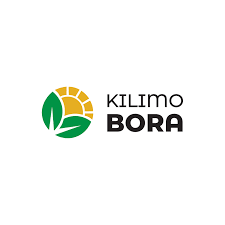
Ornamental horticulture courses focus on the cultivation and management of plants for aesthetic and functional purposes in landscapes, gardens, and indoor environments. Here’s a breakdown of typical course units you might find in an ornamental horticulture program:
1. Introduction to Ornamental Horticulture
- Overview of ornamental plants and their uses in landscaping and gardening.
- Basics of plant anatomy, physiology, and taxonomy.
2. Landscape Design
- Principles of design, including balance, unity, and scale.
- Site analysis and planning.
- Use of design software for landscape planning.
3. Plant Materials and Identification
- Identification and classification of trees, shrubs, perennials, and annuals.
- Understanding plant characteristics, growth habits, and landscape uses.
4. Soil and Fertility Management
- Soil composition, structure, and fertility.
- Soil amendments and fertilizers for ornamental plants.
5. Pest and Disease Management
- Common pests and diseases affecting ornamental plants.
- Integrated Pest Management (IPM) strategies and chemical controls.
6. Propagation and Cultivation Techniques
- Methods of plant propagation, including seeds, cuttings, and grafting.
- Techniques for growing and caring for ornamental plants.
7. Maintenance of Ornamental Landscapes
- Practices for pruning, watering, and fertilizing ornamental plants.
- Seasonal maintenance tasks and landscape management.
8. Urban Horticulture and Green Infrastructure
- Role of ornamental horticulture in urban settings.
- Design and management of green roofs, vertical gardens, and urban green spaces.
9. Sustainable Practices in Ornamental Horticulture
- Eco-friendly landscaping practices and native plant use.
- Water conservation techniques and habitat creation.
10. Floriculture
- Cultivation and marketing of cut flowers and potted plants.
- Post-harvest handling and floral design principles.
11. Special Topics in Ornamental Horticulture
- Current trends and innovations in the field, such as biophilic design or use of technology in horticulture.
Practical Components
- Hands-On Labs: Opportunities to work with plants, design landscapes, and apply pest management techniques.
- Field Trips: Visits to botanical gardens, nurseries, and landscaped areas for real-world learning.
- Projects: Design projects or case studies to apply knowledge in practical scenarios.
Assessment Methods
- Exams and quizzes on plant identification and design principles.
- Practical assessments based on landscape design projects or maintenance tasks.
- Research papers or presentations on relevant topics in ornamental horticulture.
- Teacher: samuel masinde
